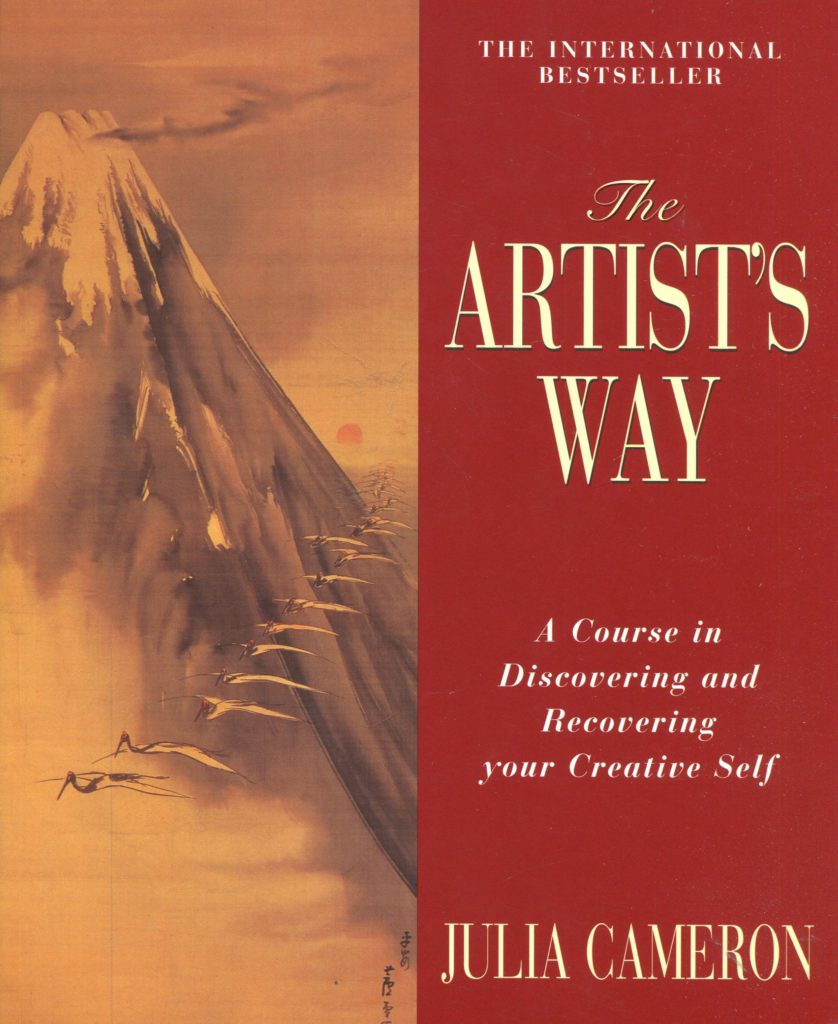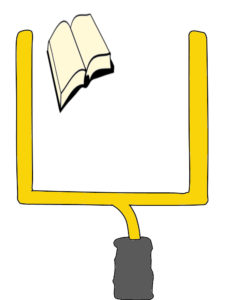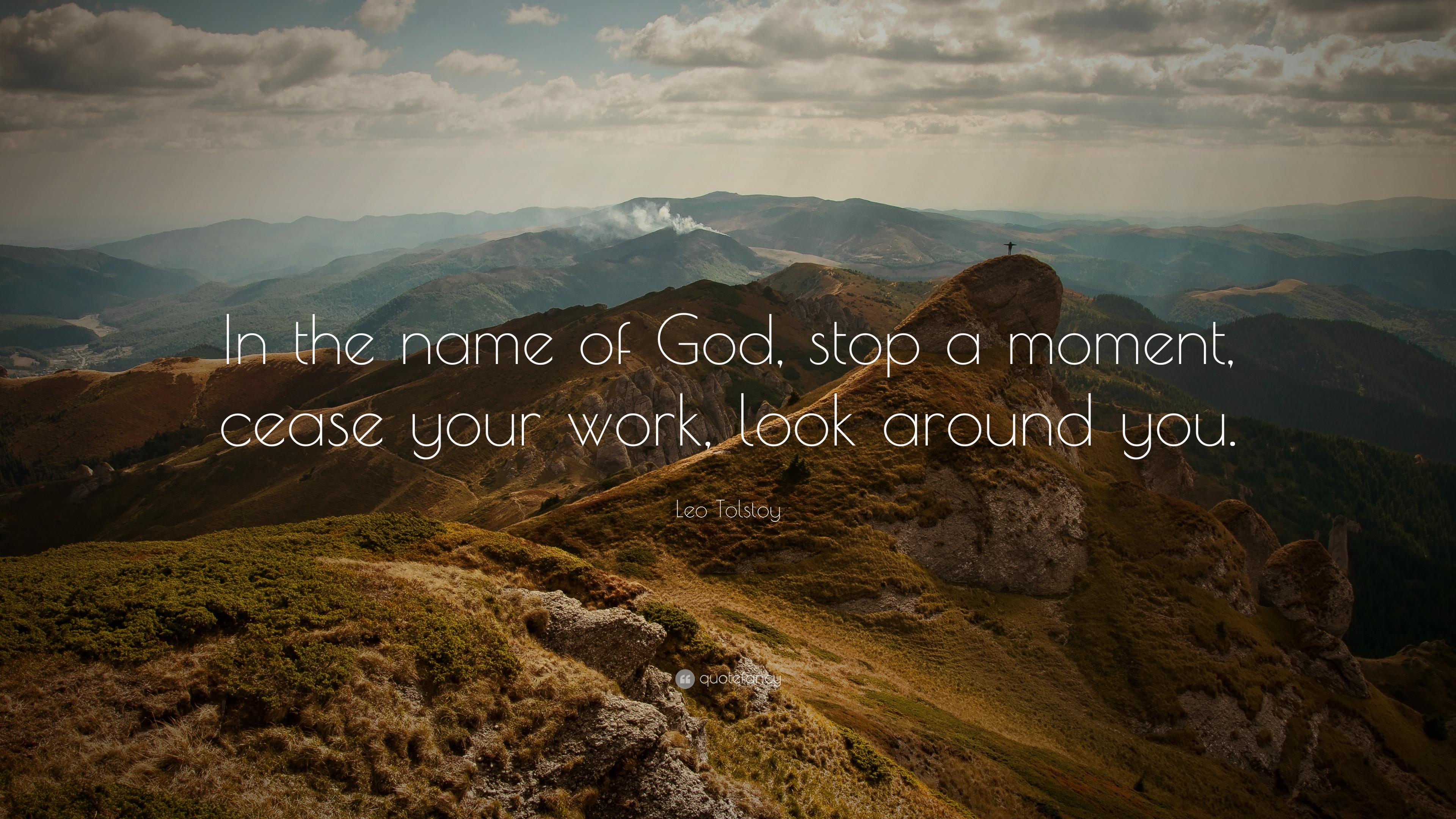This month, you’ve read posts from us about when it’s okay to quit your goals, the merits of seeing your goal through no matter what, and everything in between. We’re not the first to write on the subject, and I found the following books, articles, and resources helpful in my own journey when it comes to goal setting, especially when it comes to writing.
 The Artist’s Way by Julia Cameron. Some writers keep this next to (or in place of) their Bibles. It’s just that important and instrumental for their process. I think I can say with confidence that this is an objectively foundational book in cementing your process as a writer. Julia Cameron guides you every step of the way in a 12-week process of deep contemplation about who you are as a person and an artist, what’s standing in your way, how to move past those things, and how to make meaningful goals to achieve what you want. I personally give the book 5/5 stars, and if you’re interested in this book, I recommend that you surrender to the process. You’ll want to fight it and cut corners. DON’T.
The Artist’s Way by Julia Cameron. Some writers keep this next to (or in place of) their Bibles. It’s just that important and instrumental for their process. I think I can say with confidence that this is an objectively foundational book in cementing your process as a writer. Julia Cameron guides you every step of the way in a 12-week process of deep contemplation about who you are as a person and an artist, what’s standing in your way, how to move past those things, and how to make meaningful goals to achieve what you want. I personally give the book 5/5 stars, and if you’re interested in this book, I recommend that you surrender to the process. You’ll want to fight it and cut corners. DON’T.- Letters to a Young Poet by Rainer Maria Rilke. Part of me doesn’t want to recommend this to people at large because it is so personally important to me. But, in my heart, I want everyone to succeed in being happy in doing what they want to do the most, so here it is. I’ve given away more copies of this book than I can remember, and I don’t mind buying more and more to give away until the day I die. If that alone doesn’t make you want to pick up the book, consider this quote: “Keep growing quietly and seriously throughout your whole development; you cannot disturb it more rudely than by looking outward and expecting from outside replies to questions that only your inmost feeling in your most hushed hour can perhaps answer.”
- Why You Quit on Your Goals (and How to Follow-Through Instead) by Jose Ramos. I like this article by Ramos because it goes into how not reaching our goals makes us feel. Those feelings can snowball and eventually stick us in what feels like quicksand, unsure of how to get ourselves out.
- 5 Times You Should Quit Working on Your Goal and Walk Away by Amy Morin. Amy Morin offers practical examples of when following through with your goal doesn’t make sense anymore. Relatable and concise.
- A good planner
 . I’ve lost this habit since college, swapping out the physical planner for a To-Do list app, Google calendar, and a Notes app. This year, thanks to inspiration from friends, I’ve picked up a physical planner. Here’s a great list from people who tested out some of the best planners on the market right now and their suggestions.
. I’ve lost this habit since college, swapping out the physical planner for a To-Do list app, Google calendar, and a Notes app. This year, thanks to inspiration from friends, I’ve picked up a physical planner. Here’s a great list from people who tested out some of the best planners on the market right now and their suggestions.
What are some of your favorite resources when it comes to goal setting and when it makes sense to re-evaluate? What’s your favorite planner or app that helps you organize your daily tasks and goals?




